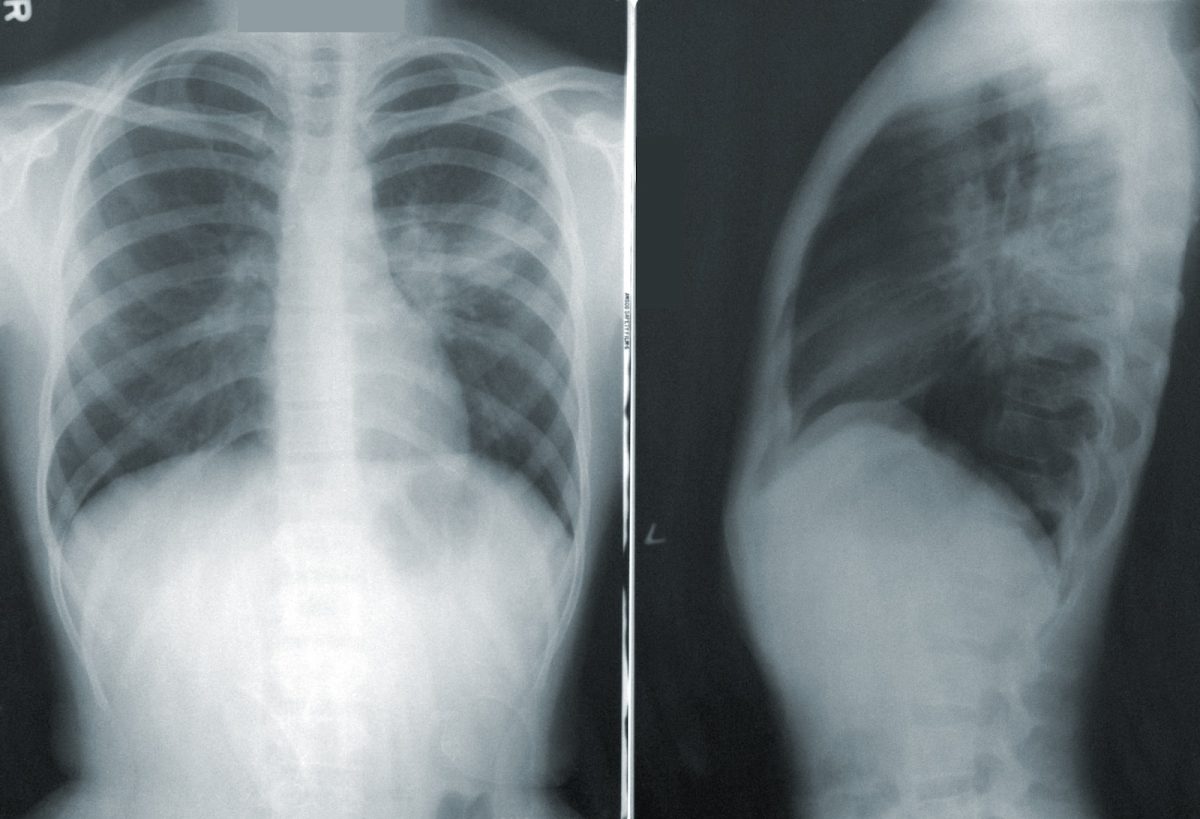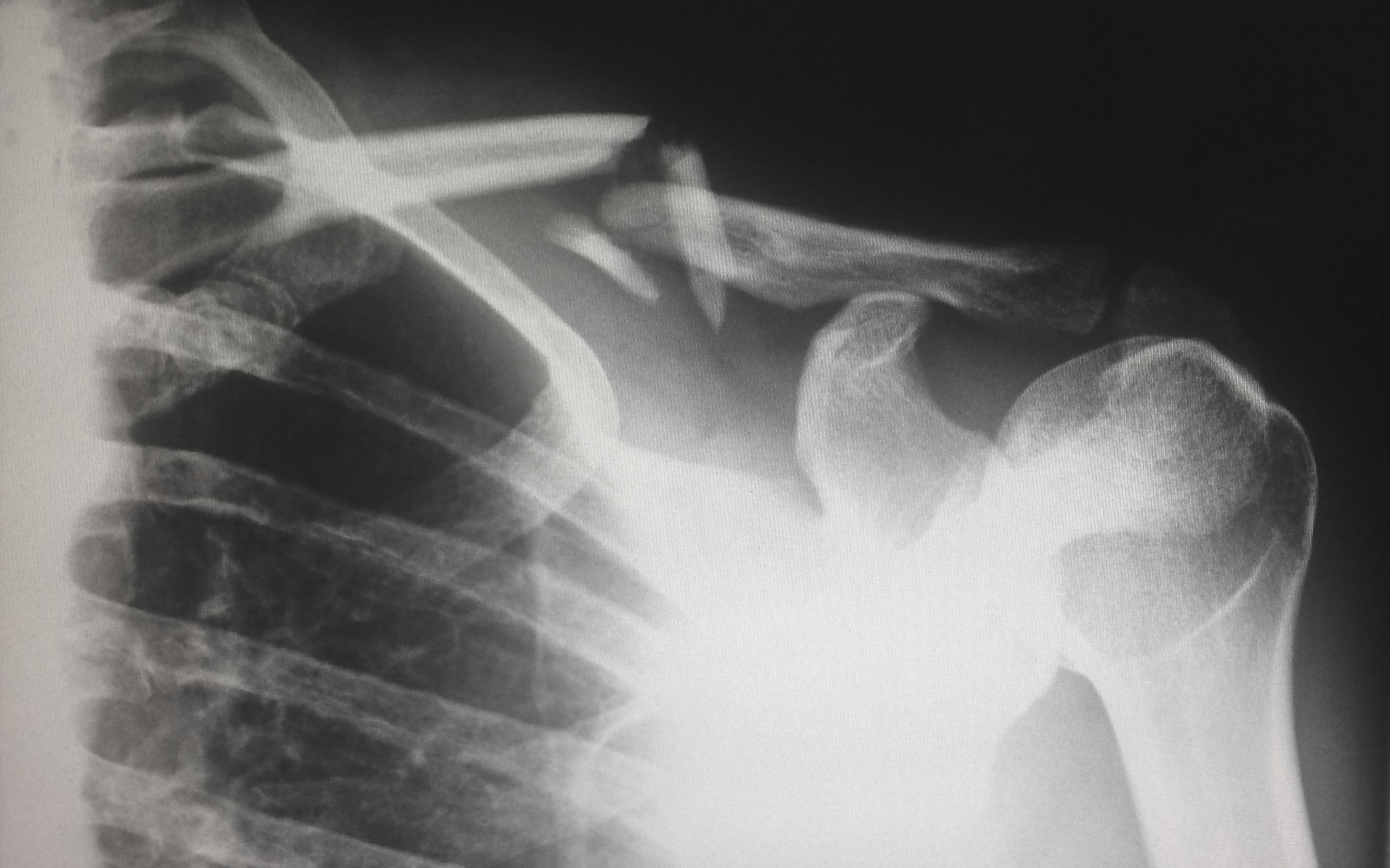We’ve all had those moments: an unfortunate accident, a sudden injury, or an unexpected medical diagnosis. It’s tough to know how to navigate these situations and their associated paperwork and expenses. When you’re dealing with personal injury cases on top of the already difficult circumstances, it can feel overwhelming trying to understand what steps you need to take for a successful resolution. If this sounds familiar, don’t worry — we have your back. In this guide, we will provide practical information about how to handle a personal injury case from initial consultation through any legal representations that become necessary. Let’s dive in!
Consult with a personal injury lawyer
When you’re injured due to someone else’s negligence, it can be overwhelming to navigate the legal system on your own. In this case, personal injury attorneys can provide valuable guidance and support. They specialize in cases that involve physical or emotional harm caused by someone else’s carelessness, and they know the ins and outs of the legal system.
Consultations with personal injury lawyers are often free, so take advantage of this opportunity to discuss your case. During the consultation, make sure to bring any relevant documents such as medical records, police reports, and insurance information. Armed with these documents, the lawyer understands your case better and provides you with more accurate advice.
Seek medical attention as soon as possible
Personal injuries can happen when we least expect them, and they can be incredibly disruptive to our lives. Maybe it’s minor cuts and bruises or perhaps it’s serious fractures and wounds — whatever the case, you need to seek medical attention as soon as possible to ensure proper treatment and recovery.
Ignoring an injury or delaying medical attention can result in further complications like infection or even permanent damage. If you’ve experienced a personal injury, seeking medical care should be your top priority.
Keep track of medical expenses
After you’ve sought medical attention, you have to keep track of all your medical expenses. These records will play a significant role when it’s time to seek compensation. Keep all invoices, receipts, and documents related to your medical treatment, including everything from hospital stays and doctor’s visits to prescription costs and physical therapy sessions.
Don’t overlook the transportation costs associated with your medical visits either. If you have to travel long distances for treatment, keep track of your mileage and any associated expenses like gas and parking fees.
Contact relevant people involved in the accident
Depending on the nature of your accident, there may be other people involved that you need to contact. This may include the person responsible for your injury, any eyewitnesses, and insurance companies.
Make sure to get the necessary information from all parties involved, such as names, phone numbers, addresses, and insurance details. If possible, take photos of the scene and any relevant evidence that can support your case.
Take photos of the scene of the accident if possible
“Capture the moment” takes on a whole new meaning when an accident happens. While it’s natural to want to help those in need, you even want to document the scene if possible. Taking photos of the accident scene paints a clear picture of what happened and serves as valuable evidence in your case.
Of course, safety should always come first. If it’s safe to do so, try to capture photos of the vehicles involved, any damages, and the surrounding area. This small step can make a big difference in the outcome of your case.
Document all communication and appointments
Throughout your personal injury case, keep detailed records of all conversations with your lawyer, doctors, insurance companies, or other parties involved in your case. Take note of the dates, times, and details of these interactions and keep them organized for easy reference. These records can be used as evidence to support your case and ensure that all necessary parties are held accountable for their actions.
Stay patient and proactive
Personal injury cases may take a while to resolve but your active participation can expedite the process. Regularly communicate with your attorney, comply with your doctor’s treatment plans, and stay organized with your documentation.
Keep in mind that it’s your resilience and persistence that will help you achieve a favorable outcome in your case. Stay patient and proactive, and trust that the process will eventually come to an end with the best possible resolution for you.

When faced with a personal injury, know that you’re never alone in this journey. With the right guidance, resources, and commitment, you can navigate this challenging period and get back on your feet. Don’t let an unfortunate incident dictate the course of your life. Instead, use it as an opportunity to learn, grow, and come out stronger on the other side. Here’s to a swift and successful resolution of your case!


